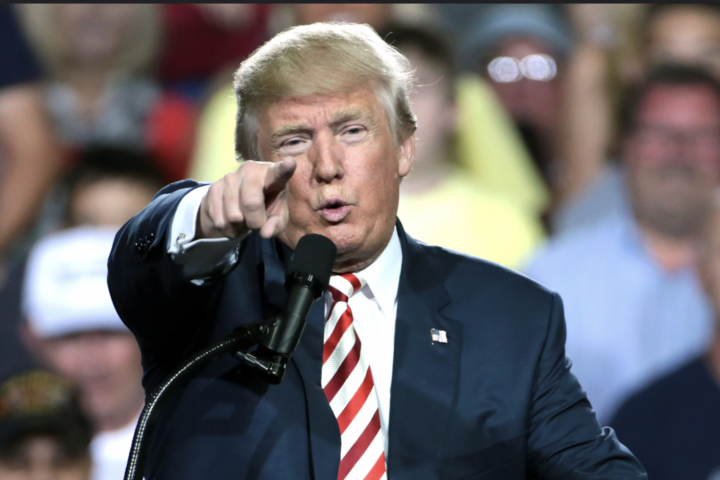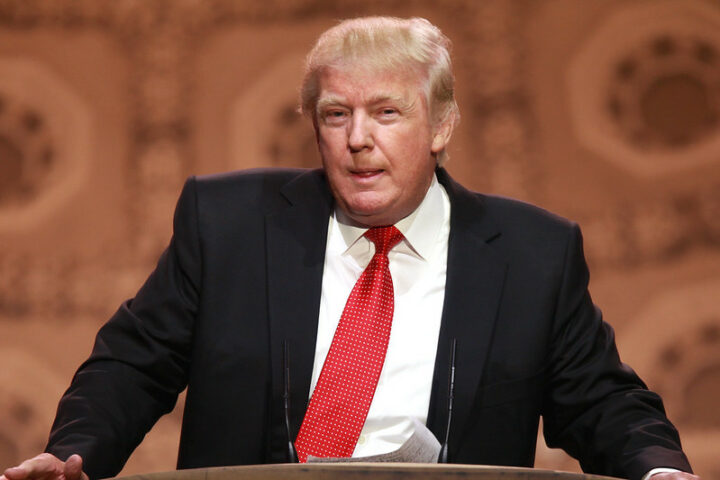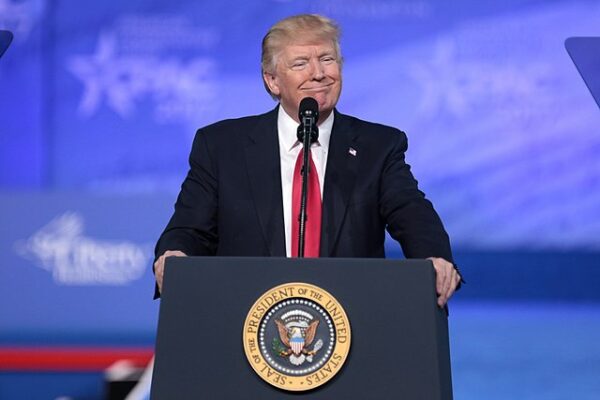TikTok is a social networking app that has swept the world since its debut in 2016. With over one billion active users, the app has become a global phenomenon, especially among younger generations.
Despite its enormous success, TikTok has recently come under fire, with numerous countries and groups criticizing its data privacy procedures and content control standards.
In the United States, politicians have suggested the “Restricting Use of Social Media Act” (RESTRICT Act) to address some of these issues.
The RESTRICT Act is modeled after a similar restriction imposed by the United States military in 2020, which barred service personnel from accessing the app on government-owned devices owing to security concerns.
The military banned the app due to worries that the Chinese government, which controls TikTok’s parent company, ByteDance, may use it to obtain critical information about US military members.
Yet, the RESTRICT Act has been criticized by some as a potentially massive overreach that might impede free expression and endanger privacy.
Tulsi Gabbard, a former congresswoman, recently spoke out against the RESTRICT Act, the new internet censorship law that is stealthily working its way through Congress:
“People should pay really close attention to the RESTRICT Act because the Democrats and Republicans who have introduced this legislation are trying to market it as something that it is not. It does ban TikTok, it makes it illegal for Americans to use TikTok, but it does a whole lot more than that. It gives power, unfettered power, to un-elected bureaucrats in the Commerce Department to tell us what social media apps we are or are not allowed to use.” Gabbard said.
“It gives them unfettered access to our data, our browsing histories, how we’re using different apps on our phones, and it basically criminalizes the use of [virtual private networks] VPNs, with some pretty serious consequences. And they’re doing all this in the name of “national security.” she continued.
“Now this sounds a whole lot like what we saw with the PATRIOT Act. We as the American people need to be smart enough to not fall into this trap again where ultimately we have, again, people who took an oath to support and defend the Constitution, our civil liberties, our rights, but they are hell-bent on taking those rights away. And dangerously in this bill, the RESTRICT Act, not even allowing us to challenge their actions through our court system. This is a very serious bill that threatens the very foundation of our democracy and our God-given rights that are enshrined in the Constitution.” she added.
Gabbard’s criticism has been picked up by many privacy and civil liberty advocates on both the left and right in recent weeks.
So much so that Senator Lindsey Graham, one of original sponsors of the bill, was forced to renounce it when confronted during a recent Fox News appearance in which he was interviewed by Jesse Watters.
Senator Lindsey Graham (R-SC) opened a Fox News interview with Jesse Watters by stating his opposition to the RESTRICT Act, which has been advertised as a ban on the Chinese-owned social media network TikTok.
Nevertheless, things became more complicated when Watters revealed on-air that he was an official cosponsor of the measure.
“You gotta be kidding me, senator. Did you read this?” Watters asked.
“Yeah, I don’t think I support the RESTRICT Act,” Graham replied.
“You don’t support this? Cause you were named as one of the supporters, cause this is garbage,” Watters shot back.
“Is this the one with Jo- There’s two bills out there. One allows a review of businesses that are connected to China, gives the secretary the ability to protect our data. Is that the RESTRICT Act?” Graham said, attempting to deflect.
“We got S. 686 right here, March 7, and we got a bunch of Republicans supporting it. Because this thing is crazytown. You don’t want the government looking into your private phone! If they have a hunch you’re colluding with the Russians? You remember how that turned out,” Watters replied.
YIKES — Jesse Watters asks Sen. Lindsey Graham why he is co-sponsoring the “RESTRICT Act”, he says he doesn’t support it and then Watters torches him:
“Maybe it’s like Fetterman where your Chief of Staff does all your work for you” 🔥
— Benny Johnson (@bennyjohnson) March 29, 2023
Graham then gave a long and convoluted reply, which seemed to indicate that he realized Watters was right and then vowed to return when he was better prepared to give an answer:
“…So I want to push back against China, but within a constitutional framework, you’re right about that. So, you’ve made these allegations, and I’ll come answer better next time.” Graham said.
[READ MORE: Marjorie Taylor Greene Warns Trump Not to Hire Laura Loomer After NYT Report]








